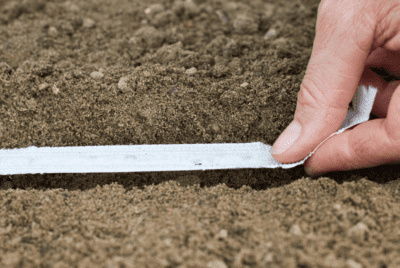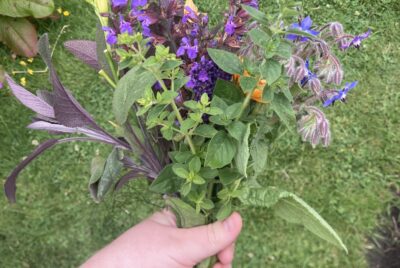RESEARCH
Benefits of Gardening Activities for Cognitive Function According to Measurement of Brain Nerve Growth Factor Levels
Summary
This study looked at whether a short gardening session could improve brain health in older adults. The researchers wanted to see if gardening activities could increase the levels of certain proteins in the blood that are important for memory and thinking skills. They recruited 41 senior individuals from Seoul, South Korea, with an average age of 76. These participants engaged in a 20-minute low-to-moderate intensity gardening activity, which involved tasks like cleaning a garden plot, digging, fertilizing, raking, planting, and watering in a garden at Konkuk University. Before and after this gardening session, nurses took blood samples from the participants to measure the levels of specific brain nerve growth factors.
The researchers focused on three key proteins: brain-derived neurotrophic factor (BDNF), platelet-derived growth factor (PDGF), and vascular endothelial growth factor (VEGF). Their analysis of the blood samples showed that the levels of BDNF and PDGF significantly increased after the 20-minute gardening activity. BDNF is known to support the survival and growth of brain cells and is linked to memory, while PDGF helps with blood vessel growth and neuron survival. However, the study did not find a significant change in the levels of VEGF. The researchers concluded that even a short period of gardening can potentially benefit memory function in older adults by increasing these important brain-related proteins.







